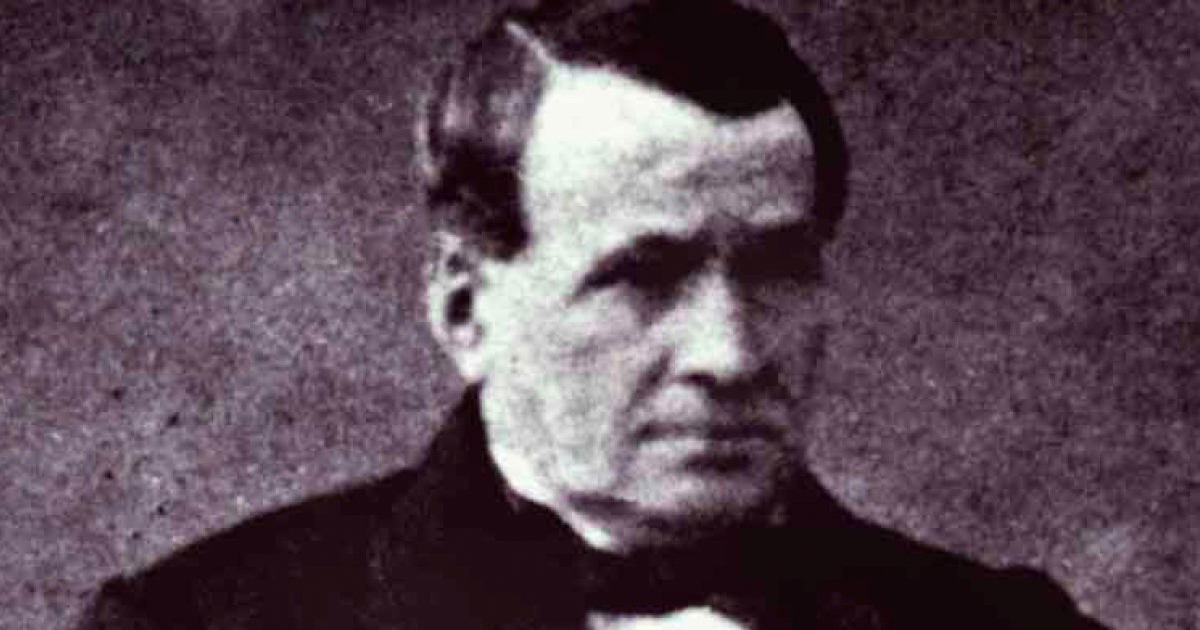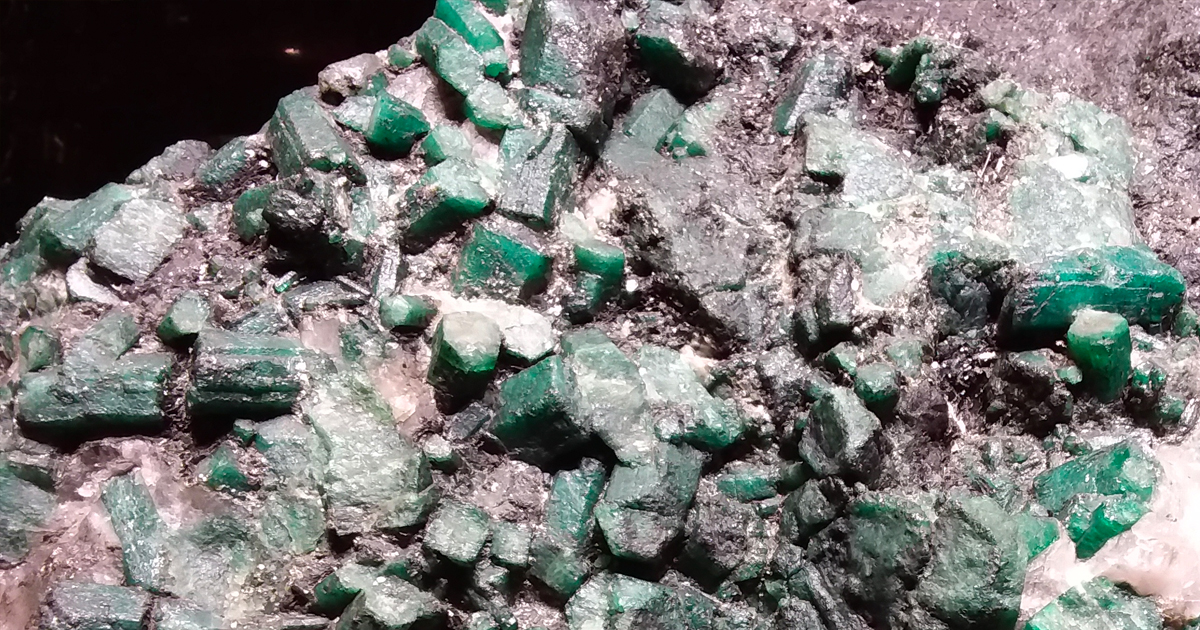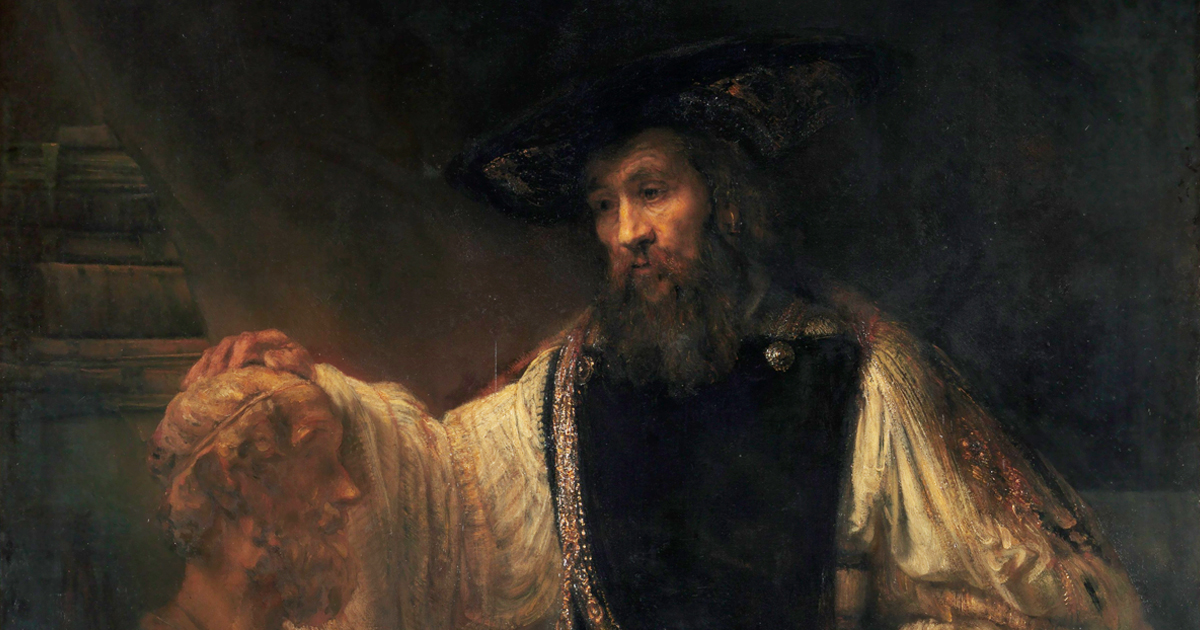In the depths of winter, summer can feel like a distant memory, though we all know that inevitably it’ll come again—but what if it didn’t? Well, that’s kind of what happened in 1816, which came to be known as the “Year Without a Summer”.
Welcome To Volcanic Winter
One year before, in 1815, a volcano called Mount Tambora erupted in what is now Indonesia. It was one of the biggest eruptions in at least 1,300 years, and the effects were calamitous and long-lasting. The volcanic winter that it created is believed to be the major cause behind the Year Without a Summer, which saw record-breaking cold temperatures in the summer of 1816 and catastrophic crop failures.
The effects were felt all over the world—North America was blanketed in a thick fog; floods and frost covered fields in China; and crop failures in Europe led to famine, which led to riots, outbreaks of disease, and, infamously, some of the Western canon’s darkest art in both theme and form.
Gloom And Doom
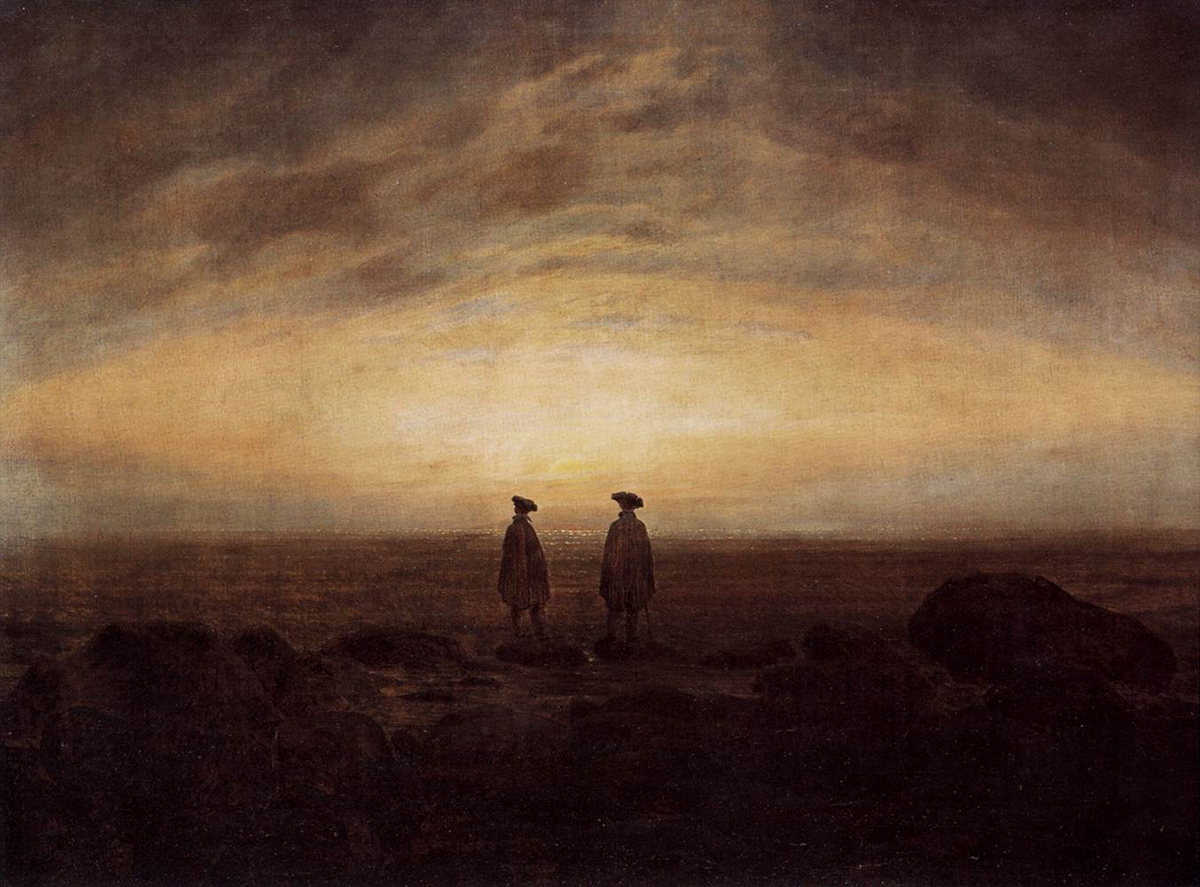 Alte Nationalgalerie, Wikimedia CommonsCaspar David Friedrich, "Two Men by the Sea"
Alte Nationalgalerie, Wikimedia CommonsCaspar David Friedrich, "Two Men by the Sea"
Looking at Caspar David Friedrich’s 1817 painting “Two Men by the Sea,” one could imagine what it was like to live through such a natural disaster. The sunset was streaked red for years afterward, and immediately following the eruption in many areas, brown or red snow fell throughout the year.
That summer, a group consisting of Mary Shelley, her soon-to-be husband Percy, and her pregnant stepsister Claire Clairmont tracked down Lord Byron, the father of Claire’s child, to the Villa Diodati in Switzerland. They were joined by Byron’s physician, John Polidori.
“A Wet, Ungenial Summer”
Driven indoors by the heavy rain, gloomy skies, and cold temperatures, they set about with an infamous challenge: to see who among them could write the scariest story. The contest ultimately produced a number of poems and stories by Lord Byron, one of which later inspired John Polidori’s The Vampyr, and, most notably, Mary Shelley’s Frankenstein.
After a particularly miserable winter, the monster finally feels his spirit lighten as spring begins—something that, for Shelley and her friends in the Year Without a Summer, likely felt like an unattainable dream. 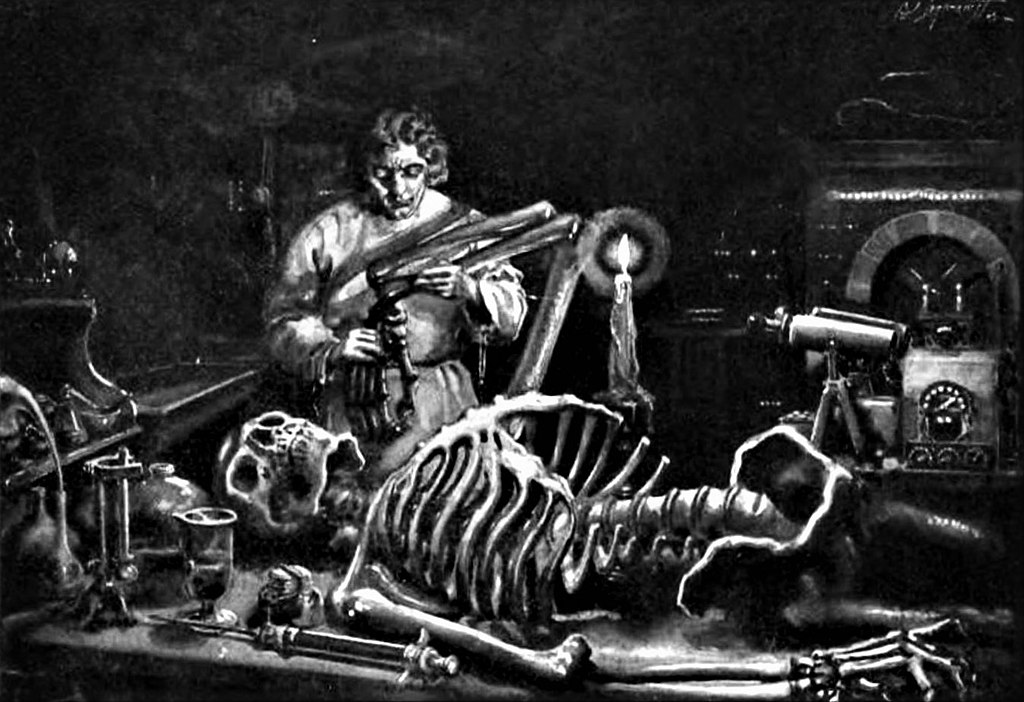 Mary Shelley, Public domain, via Wikimedia Commonsplate found on page 7 of Frankenstein, captioned In the novel, the influence of nature on mood is a persistent theme.
Mary Shelley, Public domain, via Wikimedia Commonsplate found on page 7 of Frankenstein, captioned In the novel, the influence of nature on mood is a persistent theme.





